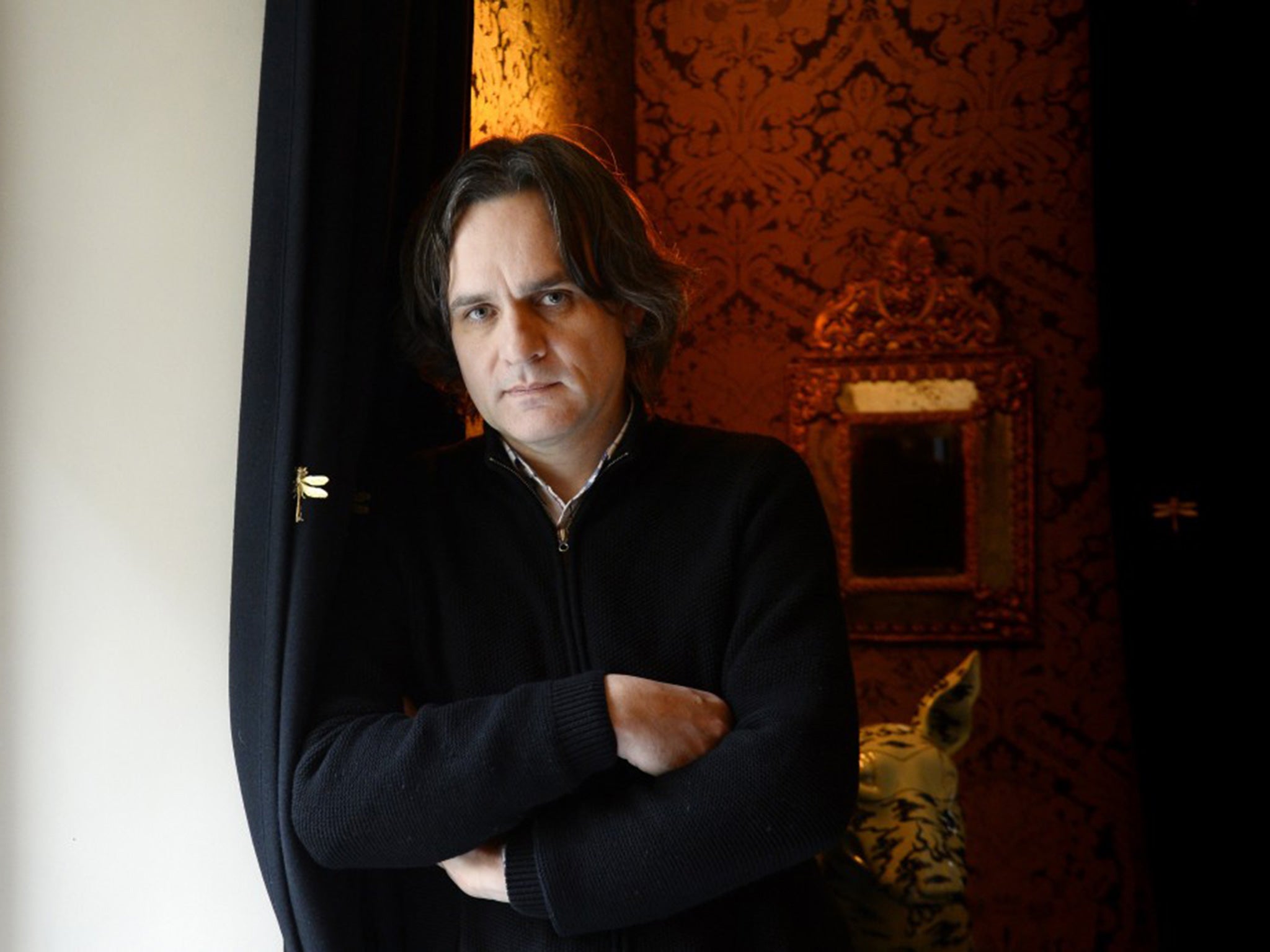Je Suis Charlie: Charlie Hebdo survivors speak out as new film documents the attack
Joint owners defend front cover depicting drowned Syrian toddler Aylan Kurdi

Two survivors of the Charlie Hebdo shootings have spoken about the immediate aftermath of the attack, describing how, despite being unable to sleep and mourning their dead friends, they struggled to publish the next edition of the satirical magazine.
The joint owners, Eric Portheault and Laurent Sourisseau, also defended the recent front cover which featured a cartoon depicting the drowned Syrian toddler Aylan Kurdi.
“I went back to the office the next day,” said Mr Portheault of the shootings in January this year. “We needed it, we needed to see each other and we didn’t sleep. We were always talking to each other we were calling each other at four in the morning. Luz [Rénald Luzier] drew the cover of the first edition we published after the attack and he sent the drawing at 11 at night and we talked until 1 am, 2 am, and I was still only sleeping two hours at night. ”
Twelve people were killed in when brothers Said and Cherif Kouachi entered the offices of the French satirical magazine in Paris and opened fire.

Mr Sourisseau, 48, the publishing director, was in the editorial meeting which was attacked and saw several of his colleagues killed. He was shot in the shoulder and spent 15 days in hospital. Finance director Eric Portheault, was in the office next door to the shooting, holding on to his dog, and was first to see the aftermath.
After the attack he slept for only five hours in five days, scarred by what had happened and what he witnessed as his colleagues lay dead on the floor. Mr Sourisseau was asked to draw a cartoon from his hospital bed for a special edition in the aftermath of the attack. “I couldn’t use my right arm, so I drew what I could with my left,” he told The Independent. “There was no doubt that we had to carry on. They may have decimated Charlie, but they didn’t kill it.”
The two were speaking at the Toronto Film Festival ahead of the premiere of a documentary about the magazine, L’humour a Mort (“Comedy has died”) with which they collaborated. The film has been renamed Je Suis Charlie outside France
“This is the official version of the story from our point of view,” Mr Portheault said. “We wanted to make the film to pay homage to our buddies.”
The film arrives just eight months after the shootings, and the terrible events are obviously still very raw.
“We wanted to leave a mark,’ said Mr Sourisseau. “It was the right time to talk about it and we needed to say our feelings about it. Also if we speak now, maybe in a year, or two, we don’t need to talk about the shootings any more.”
He added: “We don’t go into every detail because it’s not so important. It’s difficult for the families of the victims to hear us talk about it. What’s important is that we talk about the whole thing, not just the shooting... We have to ask why did the shooting happen, the ‘how’ is the work of the police. It’s best to remember that there are others in the story and so I have to talk about what I went through and not the others.”
The magazine is facing fresh criticism over its depiction of drowned Syrian toddler Aylan Kurdi in its cartoons. One showed the dead boy on the beach under the caption “So close to goal”.
Mr Sourisseau sees this as part of the general backlash. “When you have a sense of humour, you have a sense of humour for everything,” he said. “The media put the photo of this little child under our nose so that we have to cry and have a reaction without reflecting. At Charlie Hebdo we are more free than that. We don’t want to see a dead child, it’s terrible, but it’s black humour and that is what Charlie Hebdo is about.”
Four days after the shooting four million people took to the streets with placards proclaiming, “Je suis Charlie”. The owners, however, do not see this as necessarily supporting their magazine. “During the demonstration people were saying ‘Je suis Charlie’, they were not saying ‘I am Charlie Hebdo’, and that is important,” said Mr Portheault. “That means, I’m Republican, I’m Jewish, and it’s not about the journal but being human. It was not just us, it went beyond us.”
Join our commenting forum
Join thought-provoking conversations, follow other Independent readers and see their replies
Comments
Bookmark popover
Removed from bookmarks